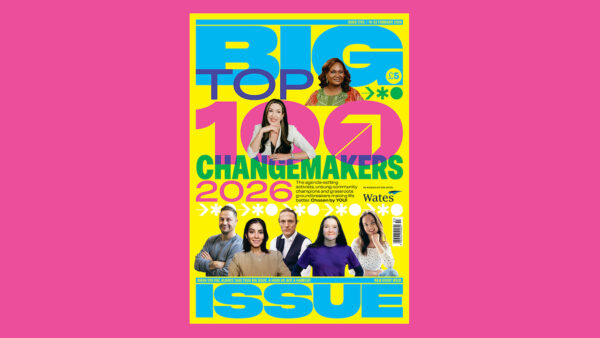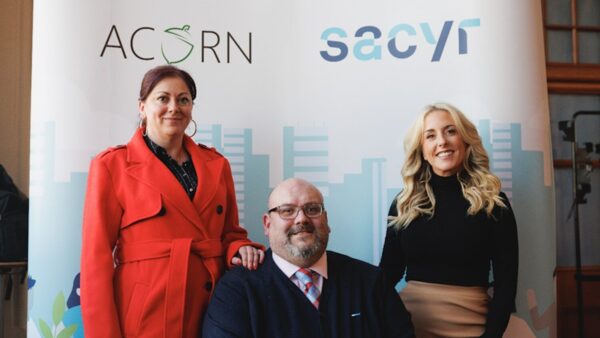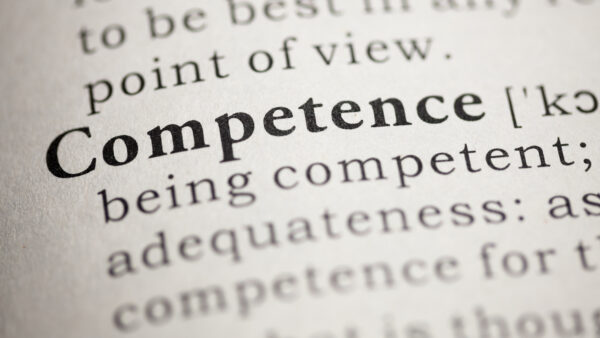u003cspan class=u0022TextRun SCXW45692154 BCX4u0022 lang=u0022EN-GBu0022 xml_lang=u0022EN-GBu0022 data-contrast=u0022noneu0022u003eu003cspan class=u0022NormalTextRun SCXW45692154 BCX4u0022u003eNew industry data has revealed that u003c/spanu003eu003cspan class=u0022NormalTextRun SCXW45692154 BCX4u0022u003ebu003c/spanu003eu003cspan class=u0022NormalTextRun SCXW45692154 BCX4u0022u003euilding u003c/spanu003eu003cspan class=u0022NormalTextRun SCXW45692154 BCX4u0022u003eandu003c/spanu003e u003cspan class=u0022NormalTextRun SCXW45692154 BCX4u0022u003econstruction firms could be u003c/spanu003eu003cspan class=u0022NormalTextRun SCXW45692154 BCX4u0022u003emissing out onu003c/spanu003eu003cspan class=u0022NormalTextRun SCXW45692154 BCX4u0022u003e top talent due to complicated application processesu003c/spanu003eu003c/spanu003e
The Access Group’s Recruitment and Resourcing Index has revealed a significant gap between candidate experiences when applying for new jobs, which could be preventing them from completing the process.
The index was compiled using various metrics, including user experience of careers pages, the number of questions on an application form, and whether candidates can apply via LinkedIn or need to send a covering letter. The higher the score, the better the candidate experience.
The index covers analysis of 20 industries, including manufacturing, legal, healthcare and logistics, to find out which ones offer the best candidate experiences.
Topping the index as the industry most likely to struggle to fill positions due to arduous recruitment processes was accounting and finance, followed by automotive and building and construction.
Industry | Average index score |
Accounting and finance | 109.7 |
Automotive | 111.5 |
Building and construction | 112 |
Legal | 115.1 |
Architecture | 116 |
Creative arts and design | 122.4 |
Warehousing and distribution | 132.9 |
Transport and logistics | 133.7 |
Healthcare | 140.2 |
Electronics | 141 |
When it comes to the best candidate experiences, consumer-centric industries like retail and ecommerce, and homeware and interiors are leading the way, according to the index.
Industry | Average index score |
Retail and e-commerce | 158.6 |
Homeware and interiors | 155.6 |
Tech | 152 |
Telecoms | 150.4 |
Manufacturing | 148.2 |
Energy and utilities | 147 |
Food and beverages | 146.9 |
Fashion | 146.8 |
Hospitality | 146.4 |
Travel and tourism | 142.2 |
Improving user experience
Julia Harvie-Liddel, head of recruitment at The Access Group, said: “In today’s competitive jobs market, organisations cannot afford to risk losing candidates at the final stage because of poor experiences with their website and arduous application forms.
“The good news is that with a few improvements, employers could see a vast improvement in the number of people who complete their application form.
“Make sure your careers pages or microsite is performing well from a technical perspective. Like customers, candidates will be put off by sites that are slow to load or don’t display properly on a mobile, so ask your digital team to check its Core Web Vitals (CWV). Just as important is updating your website with the latest roles and engaging content – everything from rewards and benefits to company life.”
To view the full Recruitment and Resourcing index, click here.









